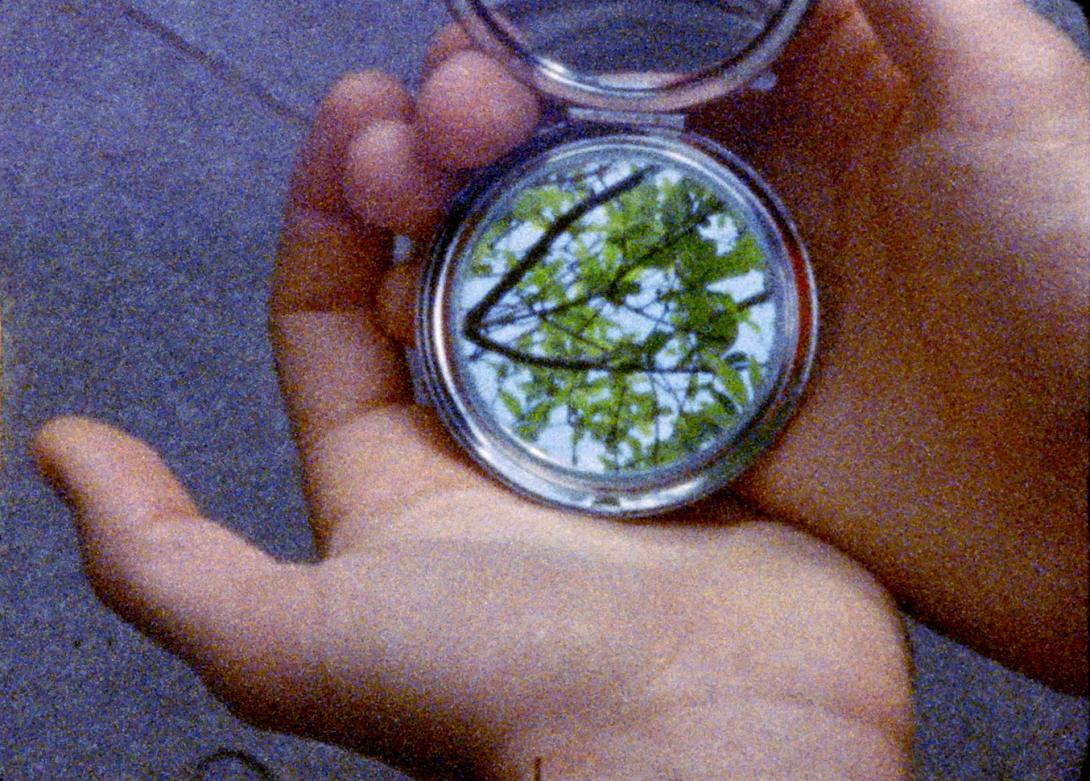CINÉ PLACE-MAKING
A study circle with screenings, panel talks, and lectures, touching on the imaginaries and practices of place-making in film. With Stoffel Debuysere, Avery F. Gordon, Raphael Grisey & Bouba Touré, Lara Khaldi, Olivier Marboeuf, Marta Popivoda, Daniela Shreir, Subversive Film, The Post Film Collective, Robin Vanbesien, Ana Vaz and Ana Vujanović.
Discover the study circle with screenings, panel talks, and lectures, touching on the imaginaries and practices of place-making in film. With contributions by Stoffel Debuysere, Avery F. Gordon, Raphael Grisey & Bouba Touré, Lara Khaldi, Olivier Marboeuf, Marta Popivoda, Daniela Shreir, Subversive Film, The Post Film Collective, Robin Vanbesien, Ana Vaz and Ana Vujanović.
Keynote Lecture: Avery F. Gordon, On the Matter of Living Through It
With an introduction by Robin Vanbesien
A talk on the writing challenges attendant on trying to assess the balance of political forces in the crisis-ridden Euro-American capitalist world.
Avery F. Gordon, 'On the Matter of Living Through It' (Ciné Place-Making study circle) from timely on Vimeo.
Extensive Q&A with Marta Popivoda and co-writer Ana Vujanović
moderated by Daniella Shreir
This Belgian premiere of Landscapes of Resistance was followed by an extensive Q & A. The main character of Landscapes of Resistance, Sonja, was one of the first female partisans in Yugoslavia and helped lead the resistance in Auschwitz. It shows an unorthodox documentary: personal and political, sober and lyrical, crystal clear and intimate. Opening and concluding in song.
Marta Popivoda, 'Landscapes of Resistance' (Ciné Place-Making study circle) from timely on Vimeo.
Keynote Lecture: Olivier Marboeuf, Towards a Living Place
with an introduction by Robin Vanbesien
By going through one of his recent texts, Towards a despeaking cinema (a Caribbean hypothesis), Olivier Marboeuf would like to try to imagine the potentialities of minority cinema considered as a practice of collective hallucination that invents one of these unnamable places through cacophony.
Olivier Marboeuf, 'Towards a Living Place' (Ciné Place-Making study circle) from timely on Vimeo.
Subversive Film, Tokyo Palestine Collection
The conversation follows the Tokyo Palestine Collection: a multi-faceted archival project that looks closely at an archival collection safeguarded by a Japanese solidarity group in Tokyo. The project explores the production of images and narratives in the framework of international solidarity between Japan and Palestine from the 1960s to the 1980s.
Subversive Film, 'Tokyo Palestine Project' (Ciné Place-Making study circle) from timely on Vimeo.
Ciné Assembly, Preview: The Post Film Collective, On Recreation (working title)
On Recreation (working title) explores a cinema practice that documents its own making and, as such, is about finding joy and presence, as an intimate and political project. For The Post Film Collective, finding joy is not a luxury or a surplus, but rather a deep need and essential infrastructure, strongly connected to the struggle for place-making.
The Post Film Collective, 'On Recreation (working title)', (Ciné Place-Making study circle) from timely on Vimeo.
Q&A with Ana Vaz
Moderated by Stoffel Debuysere
A conversation on her works 13 Ways of Looking at a Black Bird (2020, 31’) and Apiyemiyekî? (2019, 27’). Taking its title from the poem by Wallace Stevens, 13 Ways of Looking at a Blackbird is composed of a series of attempts of looking and being looked at. Apiyemiyekî? is a cinematographic portrait that departs from the archive Casa da Cultura de Urubu where over 3.000 drawings made by the Waimiri-Atroari, a people native to the Brazilian Amazon, during their first literacy excersises, are kept. During these literacy exercises, the most recurrent question posed by the Waimiri-Atroari was: why did Kamña (“the civilized”) killed Kiña (Waimiri-Atraori)? Apiyemiyekî? (Why?).
Ana Vaz, '13 Ways of Looking at a Black Bird / Apiyemiyekî?' (Ciné Place-Making study circle) from timely on Vimeo.

